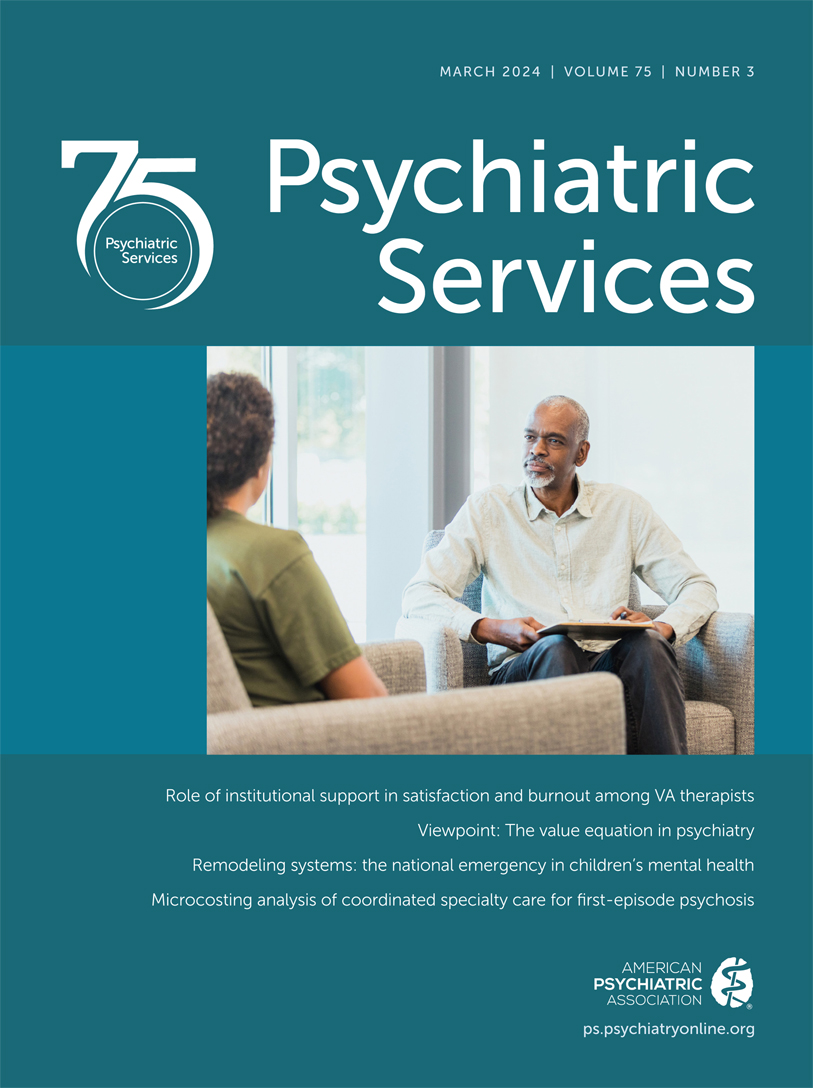“A Light at the End of the Tunnel”: Experiences With Peer Specialists in the Open Dialogue Model
Abstract
Objective:
The authors examined participants’ experiences with peer specialists in Parachute NYC, a community mental health program of support teams trained in Open Dialogue and intentional peer support.
Methods:
Qualitative interviews were conducted with eight enrollees and 10 network members (enrollees’ family members). All excerpts coded as pertaining to peers were thematically analyzed.
Results:
Experiences with peer specialists were mostly positive. Participants especially valued peers’ relatability and tendency to instill hope and engender empathy among enrollees and network members; peers’ ability to foster community connections was also highly regarded. Generally, enrollees benefited from having peers and other health care professionals on a Parachute team because of their different forms of expertise. Concerns about peer specialists in dialogic care were reported by some network members, who questioned peers’ degree of shared experiences, professionalism, and contributions to team unity.
Conclusions:
Despite generally positive findings, the optimal role for peers within the Open Dialogue model needs further exploration.
Access content
To read the fulltext, please use one of the options below to sign in or purchase access.- Personal login
- Institutional Login
- Sign in via OpenAthens
- Register for access
-
Please login/register if you wish to pair your device and check access availability.
Not a subscriber?
PsychiatryOnline subscription options offer access to the DSM-5 library, books, journals, CME, and patient resources. This all-in-one virtual library provides psychiatrists and mental health professionals with key resources for diagnosis, treatment, research, and professional development.
Need more help? PsychiatryOnline Customer Service may be reached by emailing [email protected] or by calling 800-368-5777 (in the U.S.) or 703-907-7322 (outside the U.S.).



